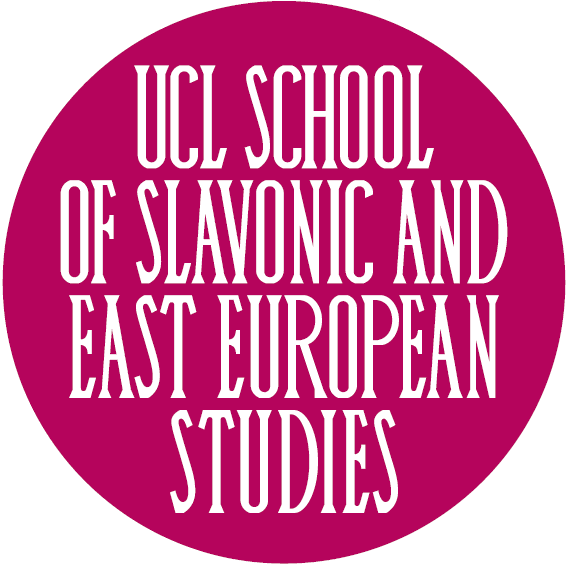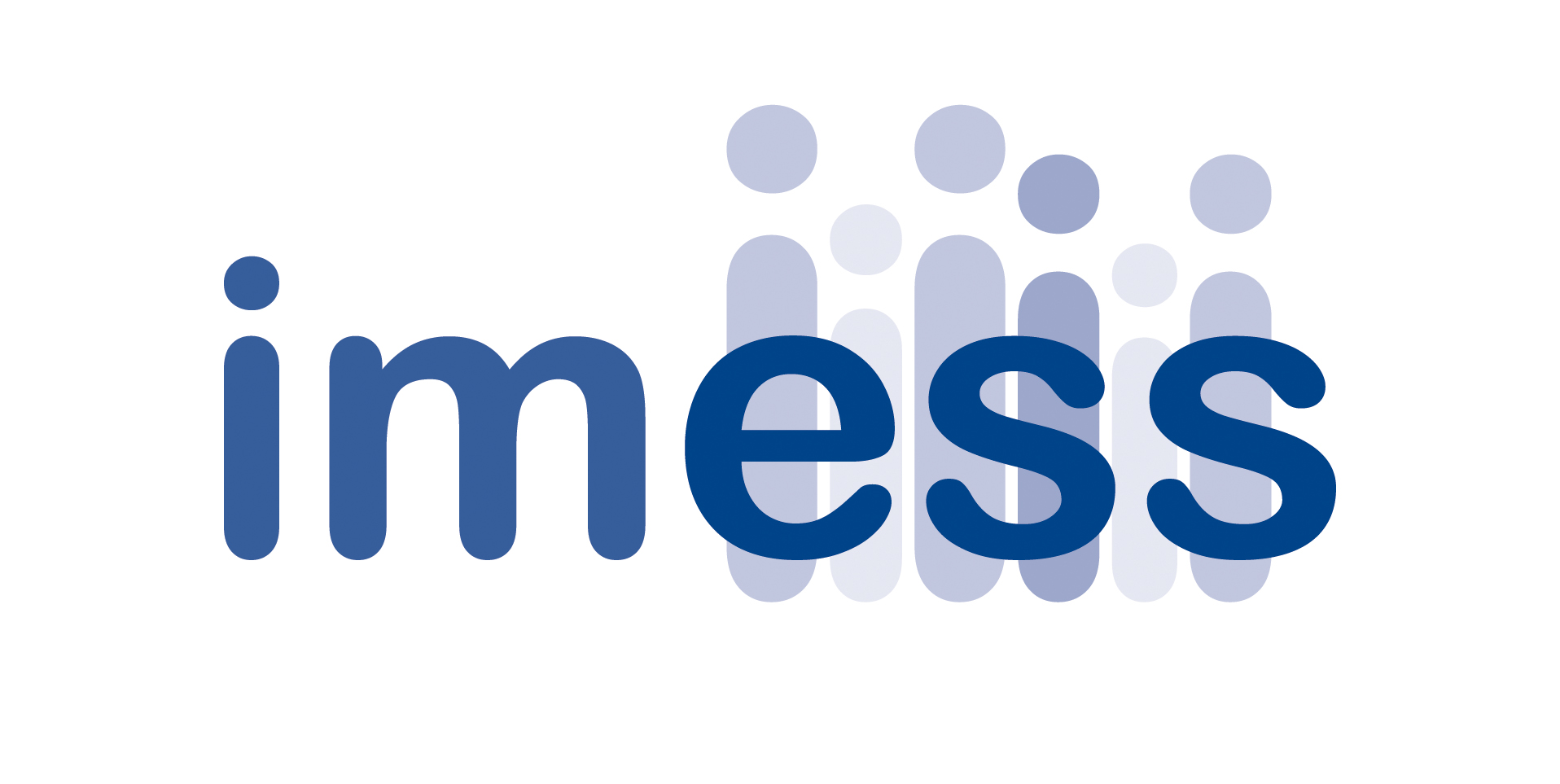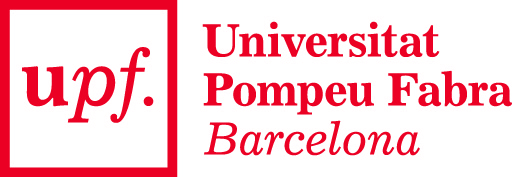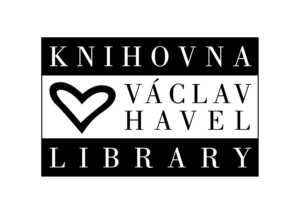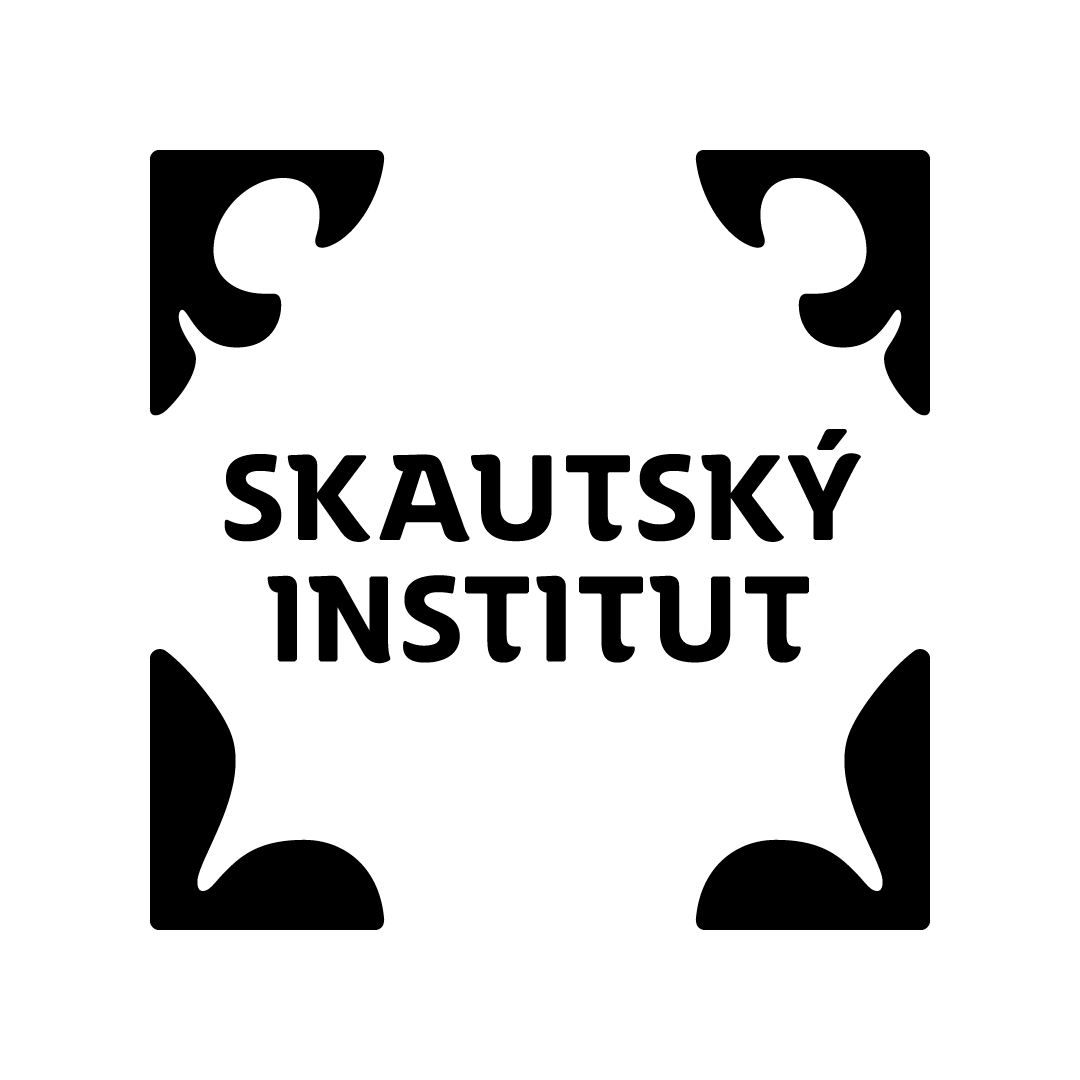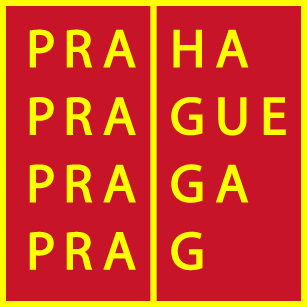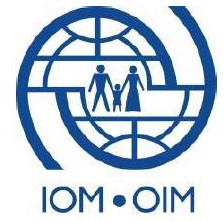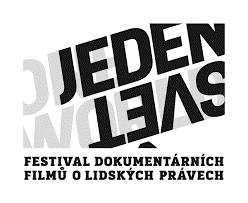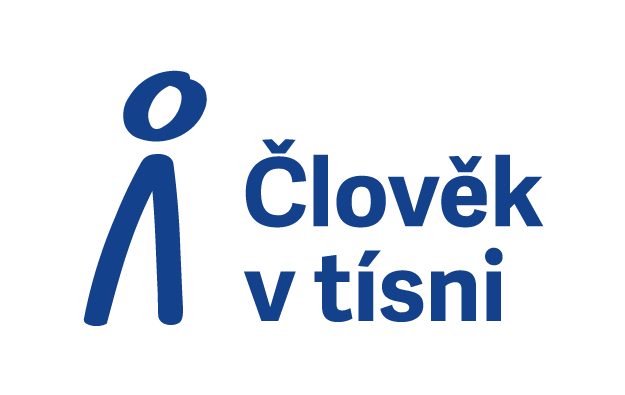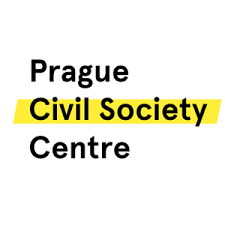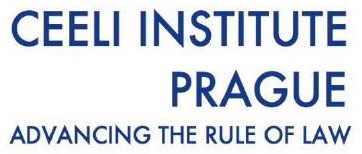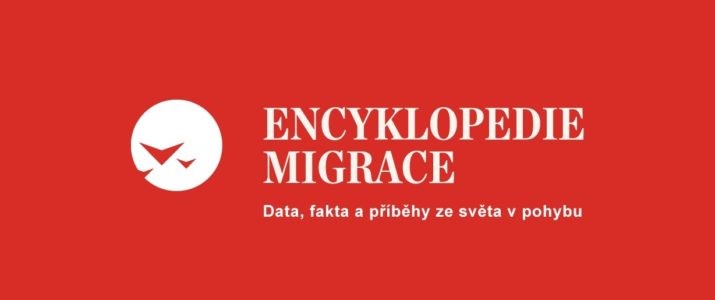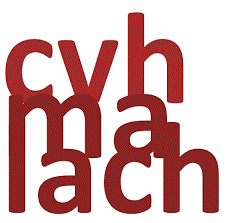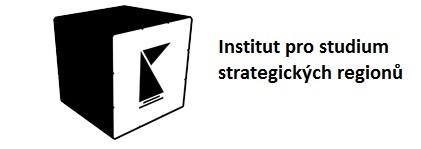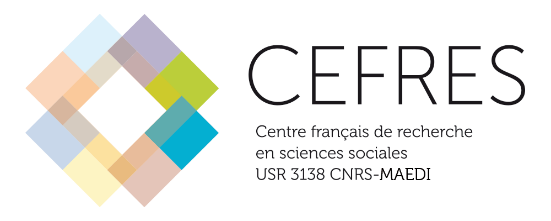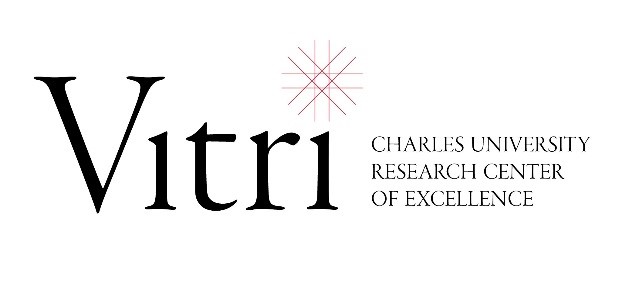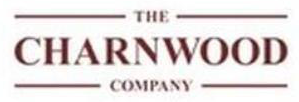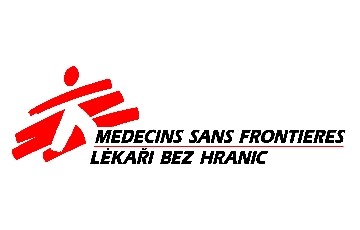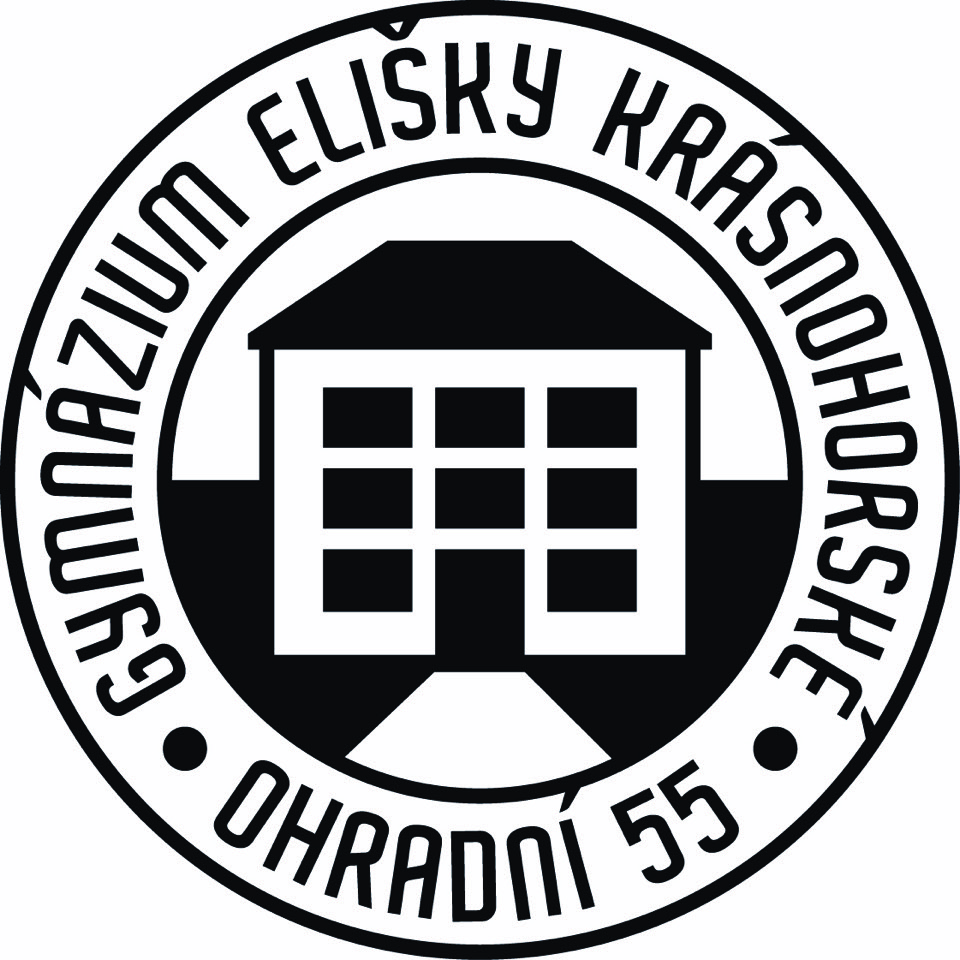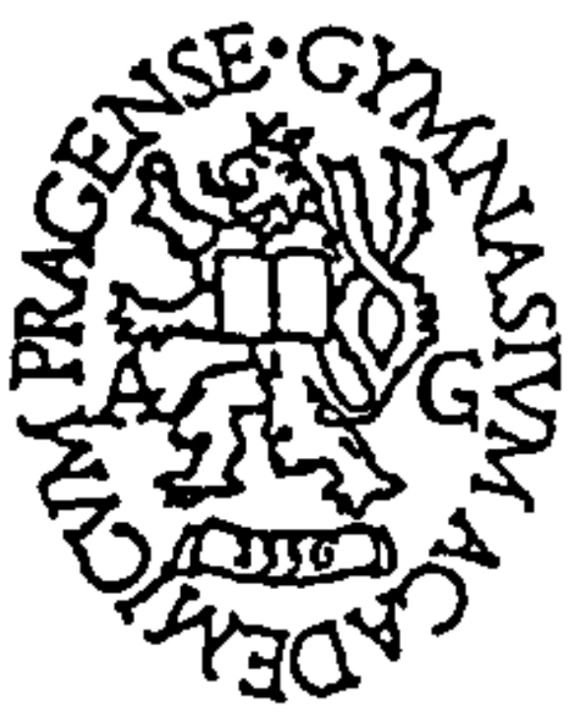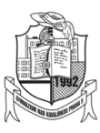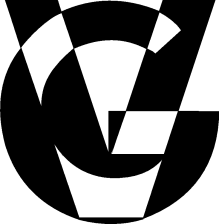How to Get Published? At least in humanities…
How to Get Published? At least in humanities…
26.3.2018 Barbora Chrzová and Kateřina Králová


Once I overheard a decision-making statement from a promising student who I was hoping to enroll for doctoral studies. She asserted that she would never pursue an academic career since you were condemned to a life of suffering from harsh criticisms delivered by anonymous colleagues at whose identity you could only guess. Having some family members in academia, she knew what she was speaking about. One might be obstinate and optimistic, but usually there is a moment for all of us when we think that what doesn't kill us does not necessarily make us stronger. For the past 12 years that I’ve spent in academia, I have been following young people decide whether or not to enter into academic circles. My co-author, Barbora, did just that, and we together decided to write our observations about the challenge of getting published.
The question of “how to get published“ constitutes one of the very firstincentives that both senior scholars and early career scholars (including doctoral students) are confronted with since, at least in the Czech Republic, publishing is always included in job descriptions as well as in the surprisingly few formal requirements for the PhD degree. Yet how can we learn what to do? Whom to ask? What to start with? Many of us were lost and had reoccuring feelings of despair. At some point along the way, you think, “Stop, there must be someone who knows better.” To get to this point, we decided to launch a practical-oriented seminar within our 3-years BOHEMs project, which was devoted exclusively to this essential academic question. We spent a day with several foreign and local editors – Florian Bieber (Contemporary Southeastern Europe and previously Nationalities Papers), John Peterson (British Journal of Politics and International Relations), Marek Skovajsa (Czech Sociological Review), Hana Kubátová (Journal of Nationalism, Memory & Language Politics) and Joseph Grim Feinberg (Contradictions: A Journal for Critical Thought). This experience has proven to be truly useful, and we’d like to share and reflect on some of the takeaways.

Florian Bieber - PRIMUS Colloquium "How to get Published"An obvious point to start with is Bieber’s central argument that rather than thinking about getting published, one should think about being read. Of course, one might raise an objection that such a call sounds appealing, but is much easier said than done (especially when confronted with the formal requirements of mundane academic life). Yet, thinking about being read influences our understanding of the purpose of publishing in an important way. It motivates us not to succumb to pressures generated by the flaws of academic evaluation systems (relying on easily quantified achievements) and instead focus on broader goals! Let’s communicate knowledge and influence academic debates rather than collect what is called in the Czech evaluation of sciences – including humanities – RIV points. No matter how distant these aspirations might seem, this line of thinking is an ideal to strive for.
Where to publish?
The question of where to publish is, by necessity, a key decision. Should we go for an article in an IF journal or a book chapter? Yes, journal articles get more attention and more potential readers, so they are considered as more promising. Nevertheless, if invited to contribute to a volume, one usually gets more support from the editors (handy to an inexperienced Ph.D. student). A smart choice in this dilemma then seems to be the special issues of academic journals when guest editors tend to be more supportive while compiling articles on a particular field. Additionally, special issues present authors with an opportunity to be “discovered” and enter the debate. But which debate to enter into? How to pick the right journal? The impact and reputation of a journal are important, yet not the only factors; a journal where a relevant debate takes place is what to go for.
And now the discipline: Should we go for history, political science, areaJohn Patterson - PRIMUS Colloquium "How to get Published" studies and other narrow-oriented fields or more broadly defined journals? In an ideal-case scenario, we should take this question into consideration before starting to write since different journals demand different approaches (more or less in terms of the background context or stress on methodology and theory). Also, it highly advisable to check the audience of the journal to make these decisions and only then to start writing.
How to write?
The number one advice of all editors: be short and concise, have a clear structure and an argument. An argument is crucial in order to influence an academic debate. Florian Bieber insisted that we should put a confident tone to our claims and not be too cautious, something which people who have gone through the Czech education system mainly struggle with. A compelling and often highly beneficial path to take is co-authoring, particularly for junior academics. John Peterson, who has a renowned capacity in this field, underscored that it has to be a fair cooperation. Senior scholars should NEVER take advantage of a junior, and juniors should NEVER accept exploitation as a norm.
Another good thing to remember: By finishing the first draft, the writing process is far from over. First, get comments from your colleagues and peers to avoid silly mistakes and polish the arguments. Then, check all facts twice and make sure to avoid “accidental plagiarism,” as this can ruin one‘s reputation. Finally, go to a good proof-reader, especially if you are not a native speaker.
Now the text is ready, but how to entitle it? Should we choose a catchy one or rather a searchable one? It is not a marginal but essential dilemma. Bieber suggests reconciling these two strategies by using relevant key words in the title for searchability but also to add something which makes the title attractive at the same time. After reviewing all formal requirements of the journal one more time, you can finally submit your article.
What now? Waiting, frustration, rewriting.
The review process is usually very long, and it is difficult not to fall into despair during the course of it. Be ready for reviews to come not in weeks but in months. Avoid constantly reminding editors since they are doing their best. Also, never ever offer the article to another journal unless the review process is over.
When finally receiving the reviews, take a deep breath and only then react, wisely and without negative emotions. However, how to respond and is it worth it after all? Yes, it is.
Try to keep in mind that most people get a response to make major revisions. The main challenge, especially for early career scholars, is not to get discouraged. No matter how difficult it might be, try not to take the critique personally (but gracefully). Even if you feel like the review is a personal attack, address everything that the reviewers mention. Not that one would have to accept everything, but be sure to strengthen your argument and explain clearly why you agree/disagree with some points of the critique. The ultimate goal: convince the editors in a polite way. C’mon, they are your allies, not your enemies! Upset editors are not good for further cooperation.
Final advice: Say yes to self-promotion!
Once your article is out, do not be ashamed to do your part in promoting and distributing it. Be it on websites or social networks. Your academic peers are, after all, interested in your research and glad to be notified about it. And if not, they won’t bother. Remember, in the end, to get impact is part your job. Ready? Now let’s see how it works.
Initially published on BOHEMs Web
Reference: Chrzová, Barbora and Kateřina Králová. How to Get Published? At least in humanities… PRIMUS BOHEMS Web, 22.3.2018. Link: http://www.bohems.fsv.cuni.cz/post/87.


